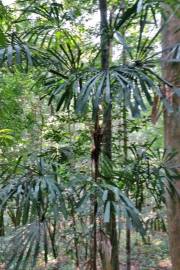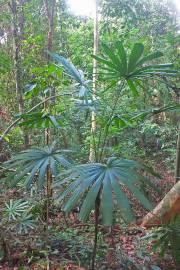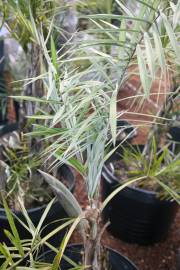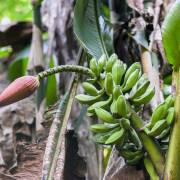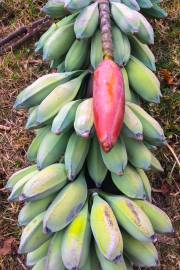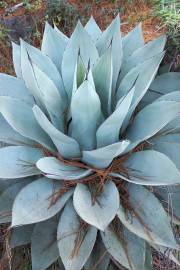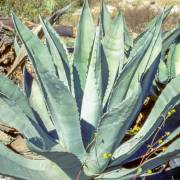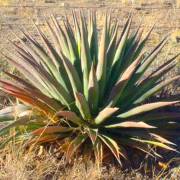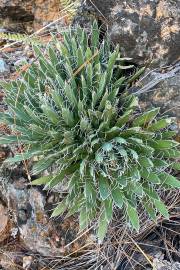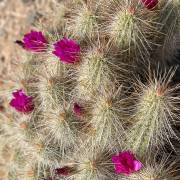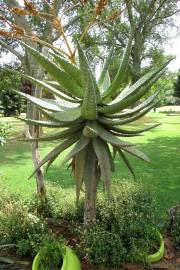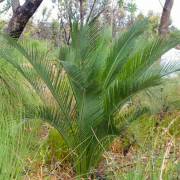- Plant Group
- Botanical Order
- Alismatales
- Apiales
- Aquifoliales
- Arecales
- Asparagales
- Asterales
- Austrobaileyales
- Boraginales
- Brassicales
- Canellales
- Caryophyllales
- Celastrales
- Commelinales
- Cornales
- Crossosomatales
- Cucurbitales
- Cyatheales
- Cycadales
- Dilleniales
- Dioscoreales
- Growth Form
- Uses
- A-Z
- Samplers
- Accessories
- Favorites
- New
Unsubscribe any time.
* E-Mail:
Country:
Germinating Cycad Seeds
The following instructions will work for all species.
Cycads seeds have a large embryo which must be well developed before the seeds can germinate. If they are very fresh, the seeds of cycads native to drier climates may need a rest period in order to fully develop. Please ask us if you are unsure. Before planting, soak seeds in warm water for 1-3 days. Desiccated seeds may be slightly loose in the shell a little when shaken (they should not, however, rattle). This does not affect their viability. Most cycad seeds sink in water, which is an easy way to check their viability. Seeds of some species float naturally though, such as Cycas thouarsii, Cycas rumphii and Cycas edentata.
For sowing, use a free draining mix of peat, cocofiber and sand, perlite, or a similar medium. It should be kept moist but never wet. Fill a pot and bury the seeds only halfway in the medium. Cover with clear plastic and label with species name and date. The baggie method, as recommended for palms, will also work but seeds should stay on top of the medium.
No light is required for germination. Most cycads germinate best at temperatures between 25 and 30°C (75 to 90°F). Check weekly for signs of activity by looking for white roots through the plastic. Ensure that the medium does not dry out. Most cycads will sprout after 4-8 weeks.
After the seeds have sprouted, plant each in a tall, narrrow pot using a well drained medium, label, and place in ample light. Species from drier habitats can take full sun from an early age. Aim to keep the soil moist but never wet, feed and repot as required.
More information can be found in the comments on the species pages. We also recommend consulting one of the books on cycads available through this web site.
Links:
The Cycad Pages by the Royal Botanic Gardens Sydney
none
The #1 Web Site for Palm Seeds
At rarepalmseeds.com you can choose from the most spectacular selection of rare seeds in the world: palms, cycads, tree ferns, succulents, conifers, tropical trees and more, many not available anywhere else. Wholesale and retail quantities in packet sizes from two to 100,000 seeds are delivered worldwide. We supply enthusiasts and collectors as well as botanical gardens, nurseries and seed dealers of all sizes. Superior quality, viability and correct identification is ensured by renowned palm expert Tobias W. Spanner. Many new and rare species are constantly being added.
Contact Us
mail@rarepalmseeds.com
Phone +49-89-1577902
Monday – Friday: 10 am – 4 pm
(Central European Time, UTC+1)
Convenient Ordering
Huge selection with 4,000+ species always in stock and 4,000 more seasonally available.
Unique climate based search for more than 1,000 locations.
Wholesale and retail quantities in packets from two to 100,000 seeds.
Secure payment with Amex, Mastercard, Visa or bank transfer.
Worldwide shipping at low rates. We have shipped successfully to more than 180 countries. Express shipping available to many destinations.
Customer satisfaction. Many thousands of customer comments received over the years can testify to the quality of our seeds and friendly service.
Superior Quality
Convenience: One-stop-shopping. With our huge range of species, you can get all your seed needs here and won't have to shop around.
Freshness: To maintain the highest quality standards, all incoming seeds are tested for viability. Stored seeds are checked on a regular basis. All recent arrivals are indicated as ‘new.’
Identification: We certify that all seeds are correctly identified and are only sourced from cultivated plants if we can be sure that they are not hybridised.
Experience: With experience dating back to 1987, Tobias W. Spanner is a renowned palm expert, leading member of the International Palm Society and has discovered and described several new palm species.

